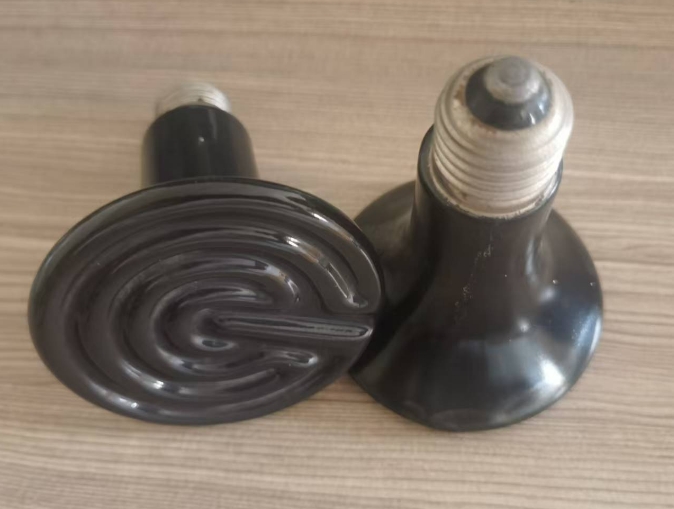
When it comes to choosing a waterproof flooring material that can endure high temperatures and humidity, several crucial factors need to be considered. This kind of flooring is essential, especially in areas like kitchens, bathrooms, and some outdoor spaces that are frequently exposed to moisture and heat.
Vinyl is a popular choice due to its excellent waterproof properties. It comes in different forms, such as luxury vinyl tiles (LVT) and vinyl sheets. LVT is highly durable and can resist moderate to high temperatures. It has a wear layer that protects against scratches and stains. Vinyl sheets, on the other hand, offer a seamless look and are also good at withstanding humidity. However, when it comes to extremely high temperatures, vinyl may start to soften or warp, so it's important to check the manufacturer's specifications for the maximum temperature it can handle.
Ceramic and porcelain tiles are renowned for their durability and resistance to heat and moisture. They are fired at high temperatures during the manufacturing process, making them impervious to water. These tiles can easily withstand the heat generated in a kitchen from cooking appliances or the humidity in a bathroom. They come in a wide variety of colors, patterns, and sizes, allowing for great design flexibility. However, they can be cold and hard underfoot, and installation can be more labor-intensive and costly compared to some other materials.
Natural stone like marble, granite, and slate can also be suitable options in some cases. Marble and granite are heat-resistant to a certain extent and can handle moderate humidity. They add a luxurious and elegant look to any space. However, they are porous and need to be sealed properly to maintain their waterproof properties. Slate is another option that is durable and can resist moisture well, but it may have a more rustic appearance. Stone flooring generally requires more maintenance than other materials but can last for decades if cared for properly.
Regardless of the material you choose, it's essential to look for high-quality products. Check for certifications and reviews from other customers. A good quality flooring material will not only last longer but also perform better in high temperature and humidity conditions. Look for features like a thick wear layer for added durability, good adhesion or locking systems (in the case of tiles or vinyl planks), and resistance to fading and discoloration due to heat and moisture exposure.
Proper installation is crucial for the performance of the flooring. For example, when installing vinyl, it's important to ensure a smooth and clean substrate to prevent any air bubbles or wrinkles that could lead to water infiltration over time. With tiles, the grout used should also be waterproof and of good quality to avoid moisture seeping through the joints. If you're not confident in your installation skills, it's advisable to hire a professional installer who has experience with the specific flooring material you've chosen.
Different flooring materials have different maintenance needs. Vinyl flooring may require regular cleaning with a mild detergent to remove dirt and stains and avoid using abrasive cleaners that could damage the surface. Ceramic and porcelain tiles need to be wiped down regularly to prevent soap scum and mineral deposits from building up, especially in the bathroom. Stone flooring may need periodic sealing to maintain its waterproof and stain-resistant properties. Understanding the maintenance requirements before making a decision can help you ensure that the flooring will look good and perform well over time in high temperature and humidity environments.

